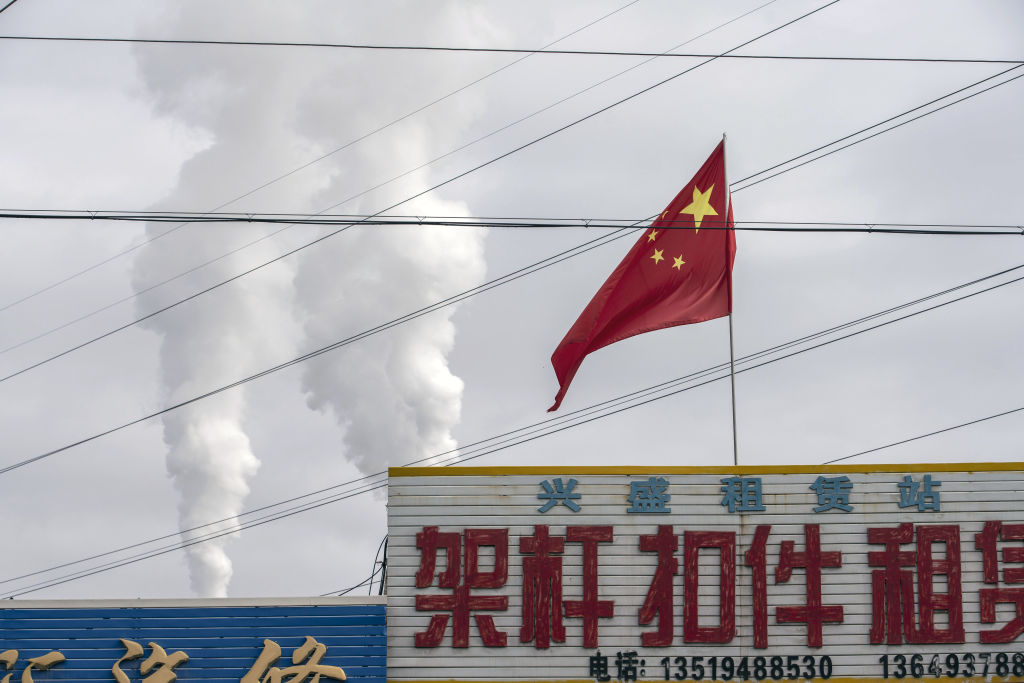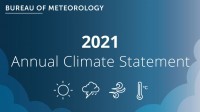That's the point I was making. It's always been ok to point at a hot day breaking an 80 year old record and call it global warming, it's been a constant theme and I could quote many posts. How much has the planet warmed since 2000?
Well yeah, events like that get reported on by the media because thats how the media works. Its impossible to say if any given event would have happened regardless of our actions. Hottest months probably give a better idea. Like the last 7 July's being the hottest 7 on record.
The articles that should be most worrying arent the hot days but russian permafrost melting 70 years ahead of the modeling prediction setting off methane bombs. Methane that warm the planet 80 times faster than CO2 over 20 years which melts more permafrost releasing more methane in a feedback loop. Insane experiment to be running when we already have the technology and the economics to fix large pieces of the puzzle.











